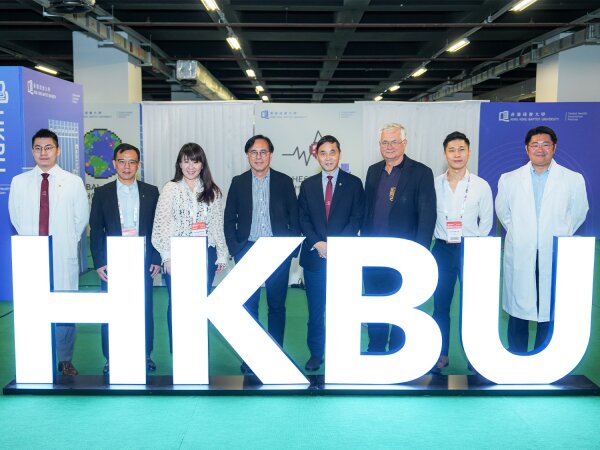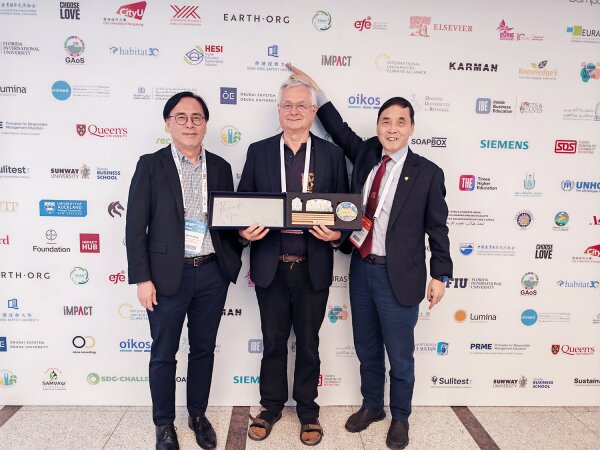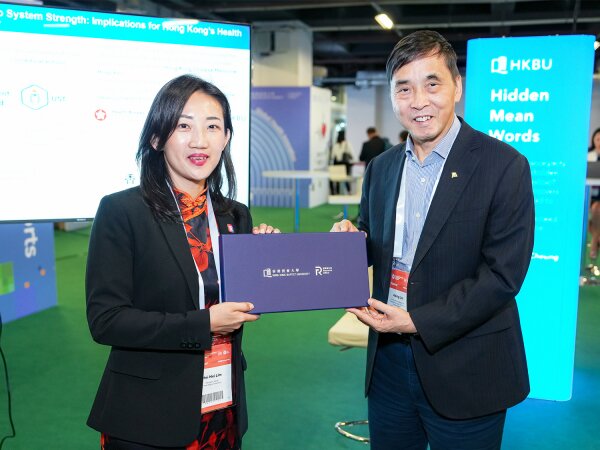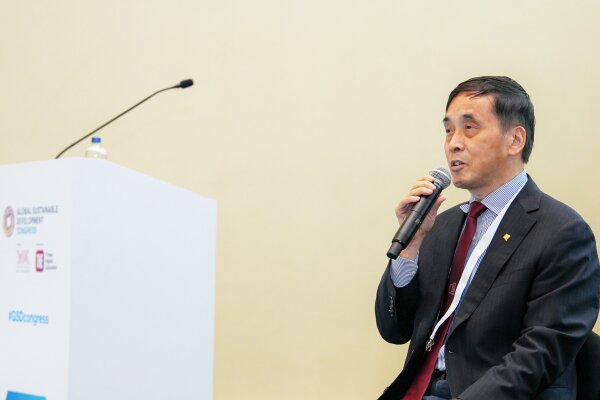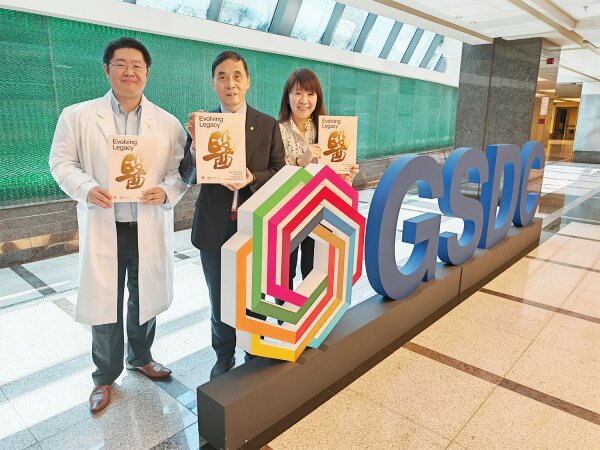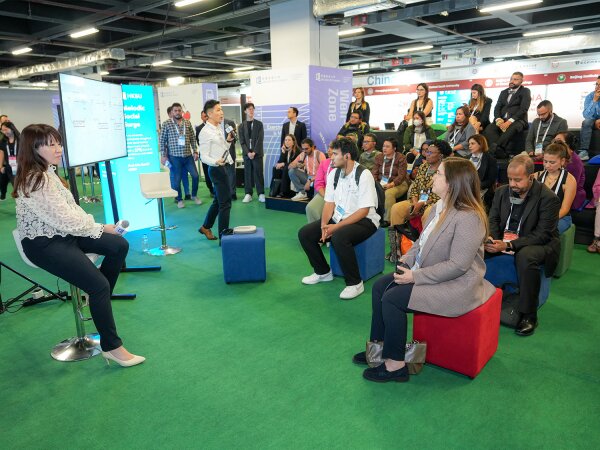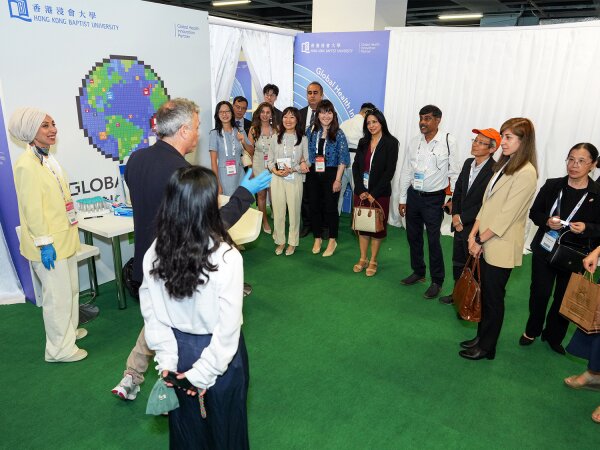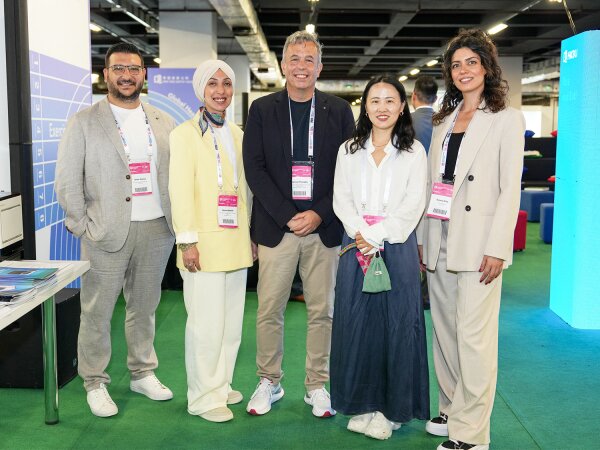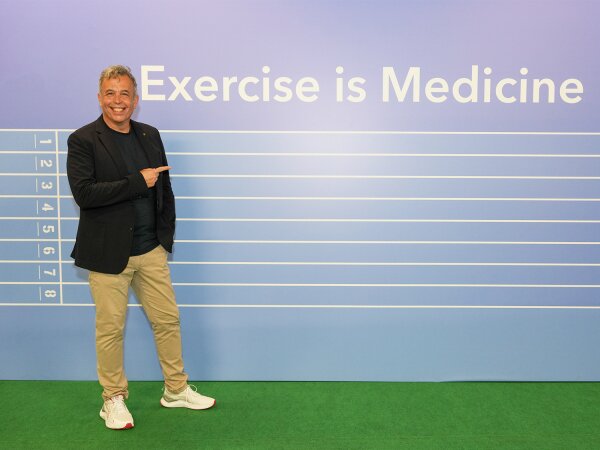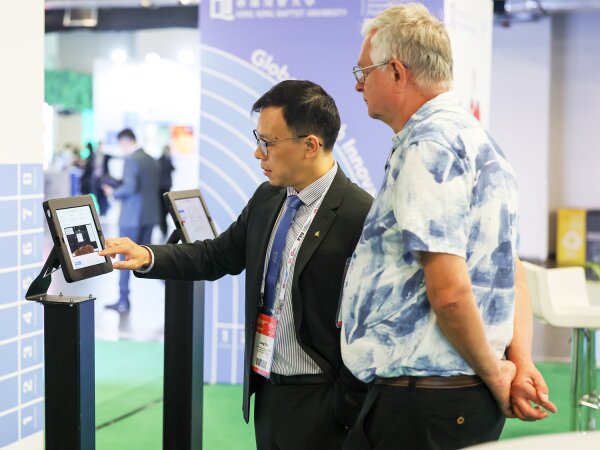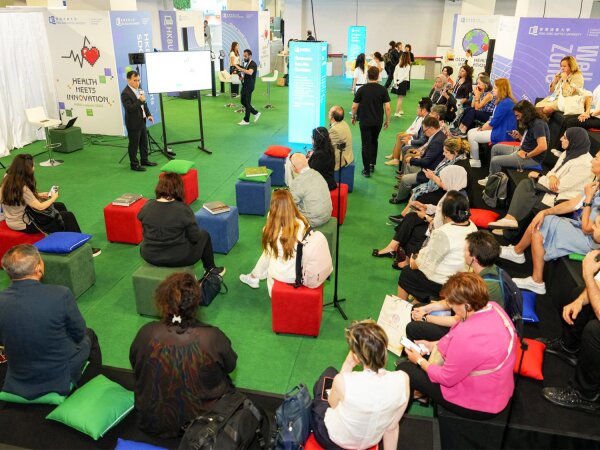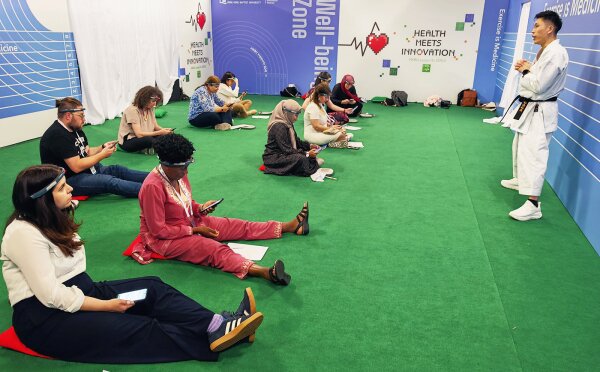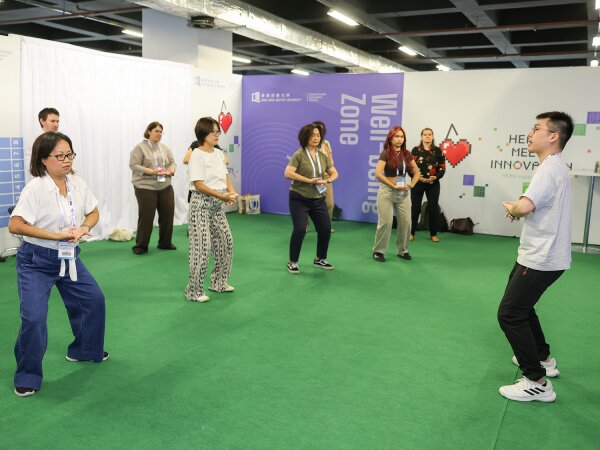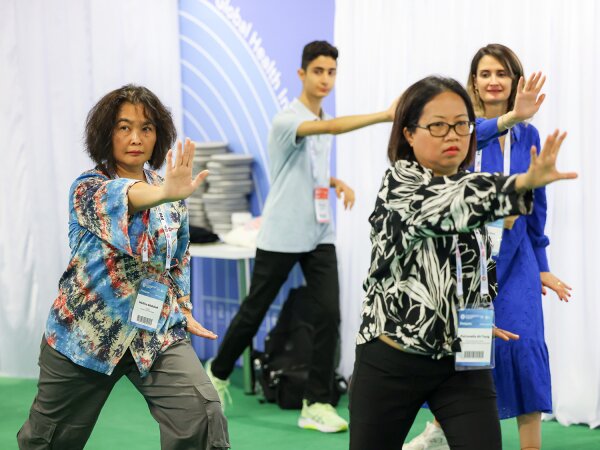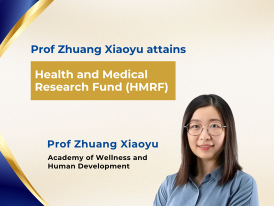
HKBU unveils first‐of‐its‐kind immersive Well-Being Zone, showcasing research excellence at GSDC 2025
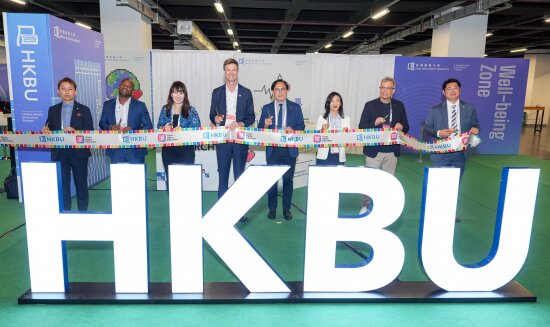
In our second appearance at the high-impact Global Sustainable Development Congress (GSDC) – this year in Istanbul – we encountered questions and comments unlike any we have ever heard at other academic gatherings. When a delegate asked how our research might tangibly benefit low-income communities, it felt less like a challenge but more like an invitation to move our work off the page and into a space where diverse ideas converge. Embracing this spirit, Hong Kong Baptist University (HKBU) opened its 5,000-square-foot “Well-being Zone,” turning theories into tangible experiences and meaningful actions.
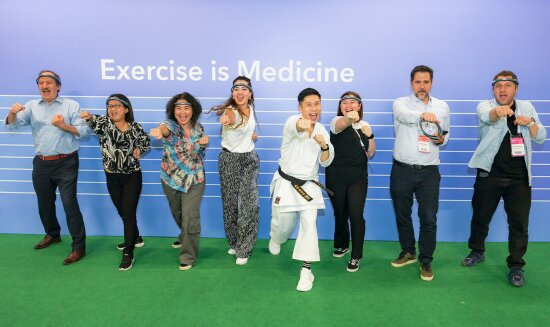
Experiencing research topics in health: From lecture halls to living labs
Rather than scripted lectures, the Zone was a living laboratory of interdisciplinary collaboration. Under the banner of our Health & Drug Discovery cluster, visitors flowed between Tai Chi and Baduanjin practices – embodying HKBU’s ethos that “Exercise is Medicine” –
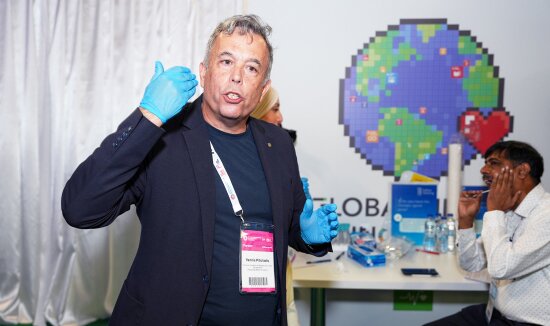
and a saliva-based gene test by Professor Yannis Pitsiladis (Faculty of Arts and Social Sciences) that links a single cheek swab to elite-athlete biomarkers.
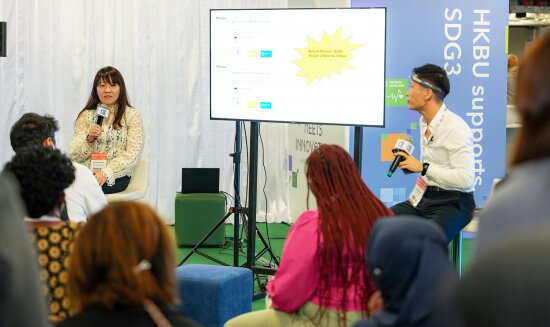
In another session, Professor Christy Cheung (School of Business) and Mr Aron Cheung (student of the Bachelor of Arts (Honours) in Physical Education and Recreation Management programme and a former member of Karatedo Team of Hong Kong, China) explained how analytics derived from data collected through a digital well-being app are advancing research in mindfulness and mindfulness awareness, pushing boundaries of the field.
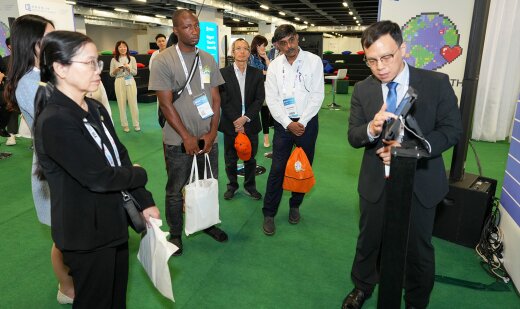
Interdisciplinary synergy: AI & big data crossing-over traditional Chinese medicine
At its heart, the Well-being Zone showcased clinical research rigour woven with cultural resonance. Professor Tian Liang (Faculty of Science) unveiled an AI-driven diagnostic and treatment-support system: a cloud-native platform that uses cutting-edge deep learning technology, similar to what powers smart assistants and language apps, to help match user-reported syndromes with personalised Traditional Chinese Medicine (TCM) intervention suggestions. This prototype – built on big data and machine learning – demonstrates how an interdisciplinary approach can solve problems more quickly and effectively.
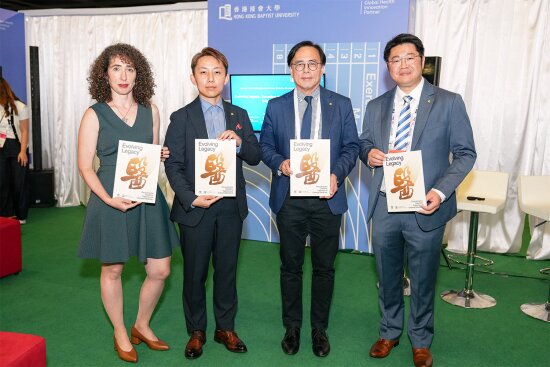
HKBU’s dedication to evidence-based TCM extends beyond the exhibit. In partnership with Elsevier, we recently published “Evolving Legacy: Decoding the Scientific Trajectory of Chinese Medicine”, a bibliometric analysis revealing that TCM network-pharmacology studies and randomised controlled trials have more than doubled the global research average and now command citation rates almost 5% above the global average. This underscores HKBU’s strength in leveraging research in TCM to drive next-level advancements in addressing health issues that affect humanity.
 copy.jpg)
On the stimulating panel chaired by Professor Lyu Aiping (Vice-President (Research and Development)), experts further explored systems-medicine frameworks that integrate social, environmental and biological data.
 copy.jpg)
In his empowering keynote, Professor Martin Wong (Provost and Chair Professor of Computer Science) highlighted AI’s role in promoting health equity. Citing HKBU’s top-50 global ranking in AI, he unveiled geospatial models that layer medical histories with pollution, income and dietary data – enabling early warnings for asthma and diabetes in underserved districts.
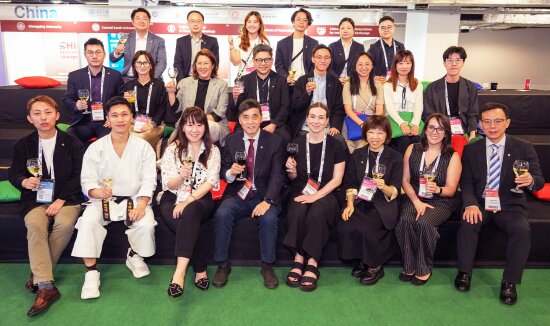
Evidence and engagement: Charting the future of global well-being
“The Well-being Zone is the most exciting part of the entire GSDC programme. It reminds us to care for our health and empowers us to take action,” said Professor Sebnem Arslan, Ankara University. By embracing voices from diverse disciplines, HKBU aspires to make contributions to the future of medicine and to pioneering research that is rooted in evidence and fosters continuous knowledge discovery.
More exciting behind-the-scenes stories are coming!


